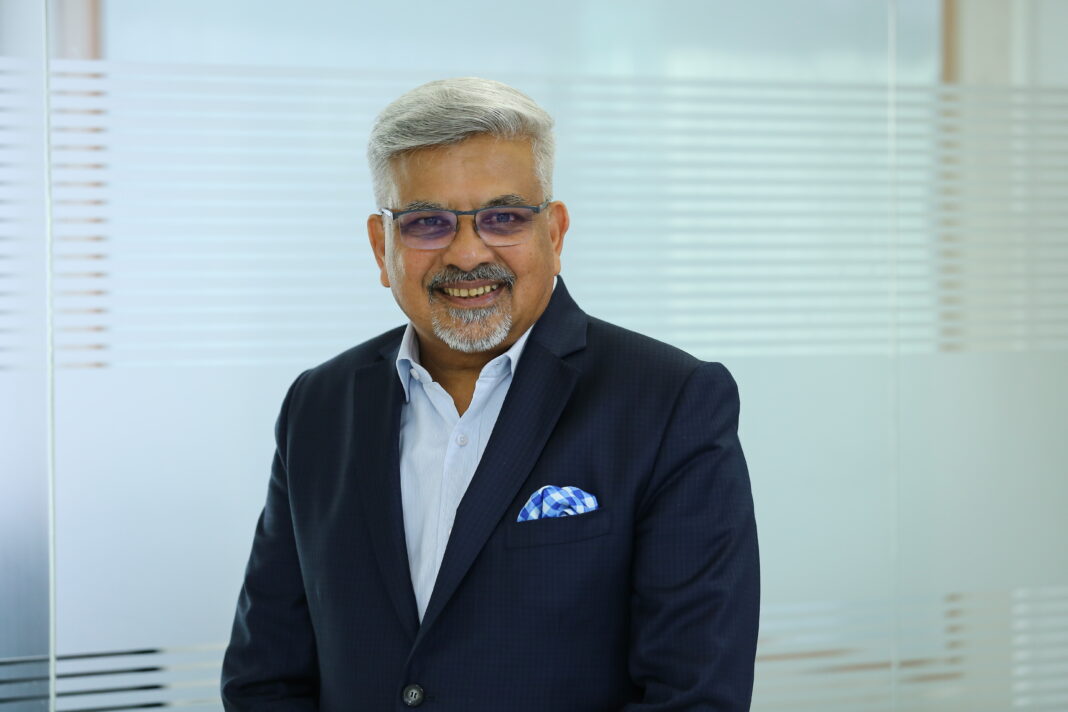After a stellar peak performance in 2018, the automotive sector particularly the CV industry, hit a bit of a roller coaster with the new axle load mandate, graduation to BS-VI regulations, followed by the Covid19 jolt and lockdowns, the rising commodity prices, chip shortage impacting the supply chain in the last few quarters. While the last few quarters have been a period of strong recovery and rebound, it is still not close to the peak of 2018. My compliments to the Government of India for pushing through important infrastructure initiatives such as PM Gati Shakti National Master Plan, National Infrastructure Pipeline (NIP) supported by Asset Monetization Plan, that will set the pathway for India transtioning to 5 trillion (USD) economy.
- The production-linked incentive (PLI) scheme extended to several sectors including electric vehicles, semi-conductor manufacturing and advanced technology components, together with the vehicle scrappage policy are path breaking measures. These, and many more, initiatives strike at the root of the constraints that we have been confronted with, and, therefore, bode well for our economic growth and prosperity. The automotive sector, which contributes to almost half of India’s industrial GDP, is at the cusp of major transformation on the back of emerging technologies, climate agenda and future mobility trends.
- But the sector also needs some support on more moderate taxation regime. For instance, the GST rate on some auto components is at the upper end of the spectrum (clubbed with luxury goods) at 28%. The industry would like to see a uniform GST rate of 18% on all auto components in the upcoming budget. Apart from this, the industry is looking forward to a resolute policy to avoid inverted duty structure for components. Current Customs Duty rates are high and there is a scope for reduction. Since tax buoyancy has been sustained over a period of time, the GST rates can now be finally rationalized.
- As has been already announced by the government, I am hoping and wishing to see budget continuing to press forward on infrastructure-focused capital expenditure, clean, green and connected logistics, inorder to ensure a robust, competitive and sustainable industrial ecosystem that promotes the new India story.
- Support from all stakeholders is needed to pace up urban development towards sustainable living to support the influx into our cities. In this context, it is important that public transport development should be a focus at least in top 100 cities, inorder they do not face the same challenges as our top metro cities face today. The sector should be provided infrastructure status (including lower GST) to get the necessary focus, lower interest rates, private investment and the desired impetus.
- The government policy and initiatives such as National Manufacturing Policy, PLI scheme, Industry 4.0, MSME & Startup focus, all of which aim to enhance the share of manufacturing in GDP to 25%, are both ambitious as well as apt. In addition, we need a careful and selective strategy on phased manufacturing programme in some areas to boost technology adoption to achieve our overall and inclusive development goals. This will also drive local innovation and strategic investment.
- I want to specifically reiterate the need to focus on our MSMEs as they are the backbone of our industrial ecosystem. It would be good to see measures that will further improve credit lending, support through SAMARTH and funding that will enable investments for emerging technology adoption.
In conclusion, having observed the direction, the trends and thoughtfulness of the FM in the previous few budgets, I am positively looking forward to Union Budget 2022-23. I also expect further boost to initiatives that will make compliance easier to improve ease, cost and speed of doing business and fast implementation of National Single Window Scheme (NSWS).





